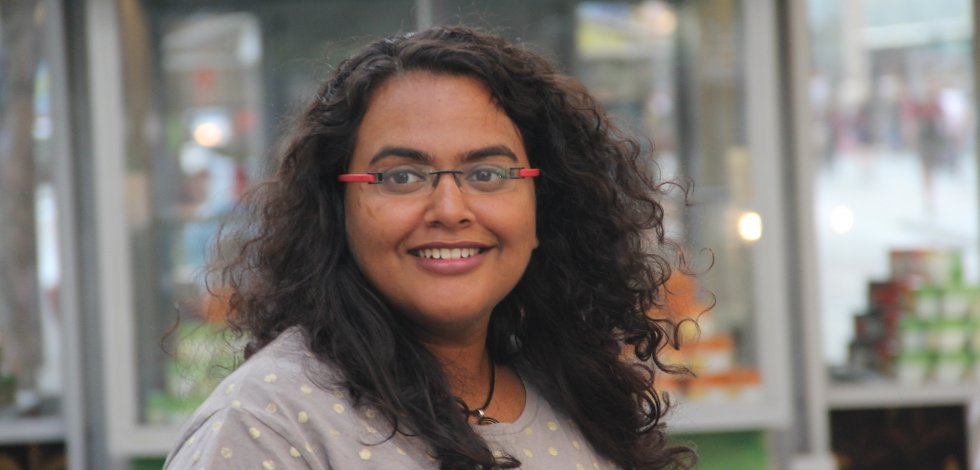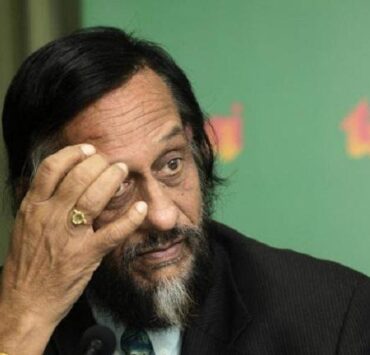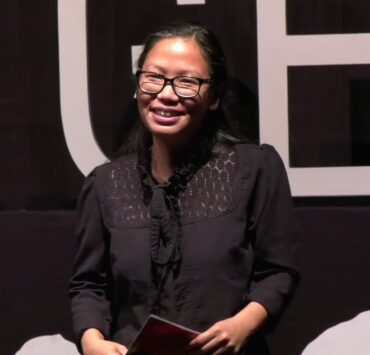

NWMI condemns attacks on journalists in Delhi, calls for action against perpetrators and measures to ensure safety of journalists.
The Network of Women in Media, India (NWMI) condemns, in the strongest terms, the widespread attack on journalists reporting on the communal violence in the capital, particularly North East Delhi, over the past week. The attacks were clearly an attempt to threaten, harm and silence journalists engaged in their professional duty to inform the public about the situation prevailing in the city.
The inaction – and in some cases complicity – of the police, and the failure of the Home Minister and the Central Government headed by the Bharatiya Janata Party (BJP), which is in charge of law and order in Delhi, to take action against political leaders who have made provocative statements and individuals involved in attacks on journalists, is reprehensible and unpardonable.
Such intimidation is aimed at ensuring that politically protected individuals and groups can unleash violence against targeted communities in a planned manner without being exposed by the media. It also seeks to hide the fact that such individuals and groups are being allowed to wreak havoc with the blessings of the police.
What is even worse is that the actions of the mob were often targeted at one community and journalists were let off from attack based on whether they were Hindu or not. The identification of media professionals by religion has been a noticeable feature of this particular outbreak of communal violence. NDTV journalists Saurabh Shukla and Arvind Gunasekar were spared attack when they showed identification documents that proved they were Hindu. A Times of India photojournalist was threatened with the removal of his trousers to ascertain his religion. Rarely have reporters been threatened or attacked on the basis of their religious identity before. We believe this is a disturbing and dangerous trend that calls for serious attention and action.
The NWMI condemns the attacks on several other journalists, too, over the past week. Among them, Akash Napa of JK 24 channel was shot at in Maujpuri. NDTV’s Mariyam Alvi was hit on her back. Runzun Sharma of News 18, Ismat Ara, an independent journalist, Shivnarayan Rajpurohit of Indian Express and Tanushri Pande of India Today were also attacked while covering the violence. Parvina Purkayastha, a reporter for Times Now, was cornered by a group armed with sticks and bricks. Sushil Manav of Jan Chowk, a Hindi news portal, and his companion, were attacked with rods and ultimately let off after they dropped their pants to reveal their identity as Hindus. The mobile phone of another Times Now journalist was snatched and reformatted. Two Times of India journalists were heckled by rioters in Maujpur-Jafrabad.
It is commendable that, despite the violence and threats, journalists have continued to report from the ground at considerable risk to their lives. However, given these recent developments, we believe it is also incumbent on media houses to equip reporters to deal with such contingencies – for example, by providing training in how to report in hostile environments. With press cards evidently not a guarantee of safety any longer, it is also necessary to ensure that journalists do not have to venture into such volatile situations alone, unprotected and ill-equipped.
The NWMI is also concerned about sections of the media shying away from highlighting the fact that targets of arson were deliberately selected. Focusing on economic losses as a whole, which may well affect all communities in the violence-hit neighbourhoods, while failing to point out targeted violence, including destruction of property, amounts to not telling the whole truth.
We demand quick action against the instigators and perpetrators of the recent violence in the capital city, including those who attacked journalists. The police need to be clearly instructed that they are not authorised to interfere with the work of journalists. Indeed, they are expected to ensure that the Fourth Estate is able to perform its legitimate role in a democracy, which is to keep the public informed about important events. In fact, the primary job of the police is to ensure that all citizens are safe and secure.
We also call upon members of our profession to uphold the highest standards and ethics of journalism and not fall prey to divisive and partisan interests in their reportage. Our job remains, as always, to report on acts of omission and commission by the powerful, to ensure accountability in governance and to speak truth to power.
The Network of Women in Media, India




